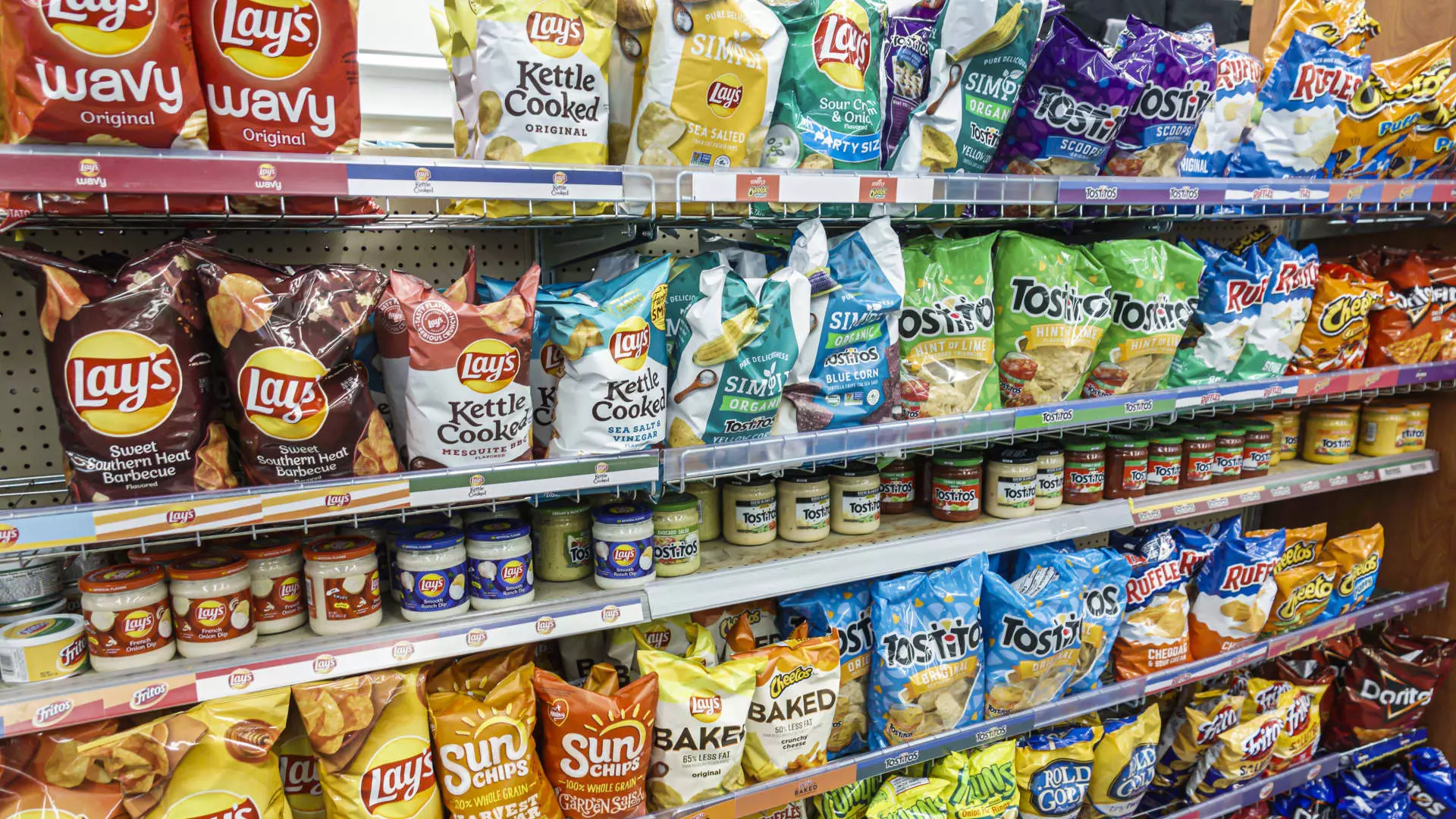The recent performance of processed food stocks has sent waves of concern throughout the market, particularly in light of President-elect Donald Trump’s nomination of Robert F. Kennedy Jr. for the Health and Human Services Department. This pivotal selection has raised alarms for major players including PepsiCo, Coca-Cola, and General Mills, with significant losses reported in their stock values. For instance, PepsiCo witnessed a dip exceeding 4%, while Coca-Cola followed with a decrease of 1.3%. These figures are not isolated, as the entire sector experienced a downturn, underscoring the deep-seated anxiety regarding future regulatory frameworks.
Kennedy’s history as a vaccine skeptic and conspiracy theorist has fueled skepticism about his potential influence on the regulatory landscape for food and health products. His outspoken criticism of existing health policies suggests a shift in priorities that could profoundly affect food manufacturers. Investors worry that his “Make America Healthy Again” initiative will lead to stricter regulations on popular food items, particularly those deemed unhealthy. Notable brands like Campbell Soup, which owns iconic products like Goldfish crackers, reported close to a 3% drop in their stock, exemplifying the broader market’s apprehension about Kennedy’s agenda.
Under Kennedy’s guidance, the Food and Drug Administration (FDA) and Centers for Disease Control and Prevention (CDC) could implement significant reforms. Concerns center around how these changes might impact well-established food products. The rhetoric from Kennedy, who criticized current regulators for allowing high-ingredient counts in cereals like Fruit Loops, points to a potential overhaul in nutritional standards. With such advocacy, companies such as Kraft Heinz and Conagra Brands are bracing for potential scrutiny regarding the ingredient transparency and health implications of their products.
While Kennedy’s views resonate with certain segments of the population advocating for healthier food options, they pose a paradox for stockholders. The threat of stricter scrutiny over food production could translate into operational disruptions and financial repercussions for these companies. Lamb Weston, a supplier of frozen potatoes, provides a stark example of the industry’s vulnerability, registering a substantial 6% decline in stock price as investors digest the ramifications of political shifts.
As the Senate prepares to review Kennedy’s appointment, industry stakeholders are left to grapple with uncertainty. Long-standing food brands are at the mercy of evolving political attitudes and consumer demands for healthier products. The market’s response to these developments cannot be understated; with each announcement regarding Trump’s administration policies, investor confidence remains precarious. Companies may need to proactively address these challenges, focusing on reforming their products and strategies to align with potential regulatory changes that appear increasingly likely. The processed food sector stands at a critical juncture, and only time will tell how these turbulent political winds will reshape the landscape altogether.

